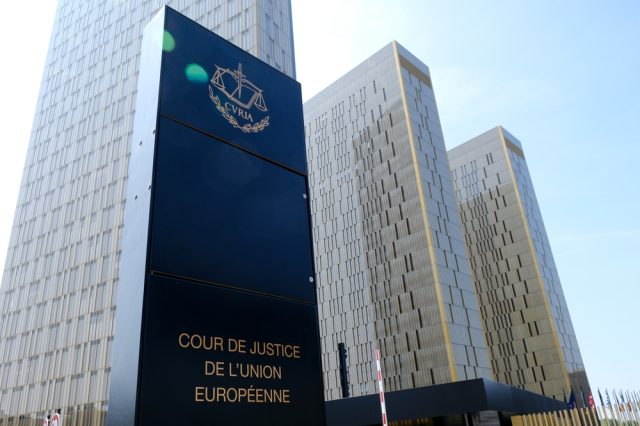
In a pivotal decision highlighting the importance of defending national interests against European Union bureaucracy, the European Court of Justice (ECJ) has ruled in favor of Spain, compelling Brussels to pay nearly €10 million in agricultural funds that had previously been blocked. This ruling marks a significant victory for Spain’s agricultural sector, particularly for the region of Castilla y León, one of the areas most affected by the European Commission’s initial decision.
The dispute originated from a decision made years ago by Brussels to exclude Spain from receiving a specific allocation of European agricultural funds. This exclusion was based on alleged non-compliance with certain technical requirements in the management of subsidies tied to the Common Agricultural Policy (CAP). However, Spain, supported by both its regional and national authorities, deemed the measure unjust and arbitrary, arguing that the country had adhered to the standards required to access these funds.
The issue gained prominence due to its direct impact on rural communities. The withheld funds were intended to support farmers and livestock breeders, a critical sector for the national economy, and particularly for regions like Castilla y León, which rely heavily on European backing to drive rural development.
The ECJ determined that Brussels’ decision lacked a solid legal foundation and overturned Spain’s exclusion from the funds. According to the court, the administrative irregularities cited by the Commission did not justify the withdrawal of the funds, making the ruling a sharp rebuke of European bureaucratic procedures.
In the court’s words, the European Commission failed to conclusively demonstrate that Spain had committed serious management failures. As a result, Spain is entitled to receive the full amount of the funds initially allocated. This decision reinforces the principle that member states should not be disproportionately penalized over minor technical issues.
The ruling carries both economic and political implications. Economically, the recovery of nearly €10 million will provide financial relief to many Spanish farmers and livestock breeders, who have faced mounting challenges in recent years due to inflation, drought, and stringent environmental regulations imposed by the EU.
Politically, the decision underscores the importance of standing firm against unjust rulings by the European Commission. At a time when questions about power imbalances within the EU are increasingly being raised, this case highlights the necessity for member states to actively defend their national interests.
It serves as a reminder that while the European Union is valuable for fostering cooperation and trade, it is not immune to errors or biases that often disproportionately affect southern European countries.
The verdict has been welcomed enthusiastically across Spain, particularly in rural communities. Leaders in Castilla y León have pointed out that this decision strengthens trust in the European judicial system, while also emphasizing the need to improve administrative management to prevent similar conflicts in the future.
The outcome of this case could have lasting effects on the relationship between Spain and EU institutions. On one hand, it reinforces the ECJ’s role as a counterbalance to the Commission’s decisions, ensuring they are subject to legal scrutiny and clear standards. On the other hand, it highlights the importance of efficient and transparent management of European funds at the national level.
For Spain, this ruling is a victory that not only resolves a specific dispute but also sends a clear message to Brussels about the need for fair treatment of all member states. Beyond the €10 million recovered, the issue at stake is the credibility of the system and fairness in resource allocation within the EU.
At a time when agriculture and rural areas face multiple challenges, this decision offers a morale boost for Spanish farmers and livestock breeders, while reaffirming the priority of defending national interests.
This case underscores that a strong and united Europe cannot be built at the expense of ignoring the needs and rights of its member states. Instead, it must rest on justice, cooperation, and mutual respect—principles that the ECJ has reaffirmed with this ruling.



 Subscribe
Subscribe